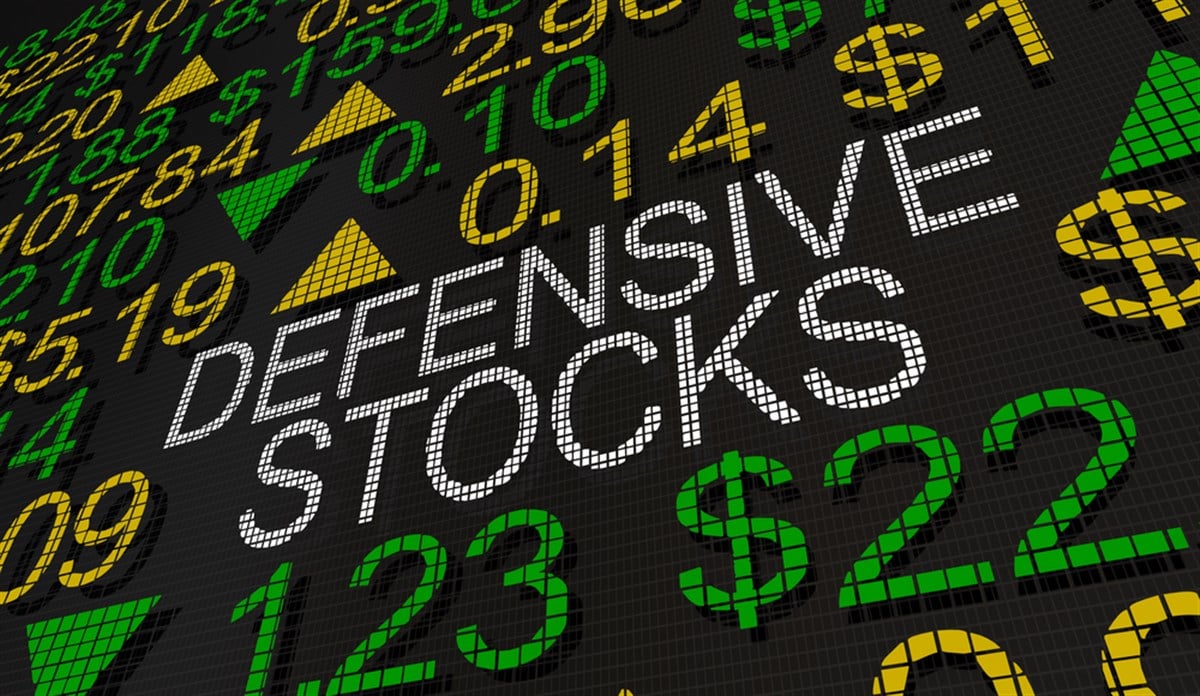Financial News
More News
View More
Berkshire Bought the Dip—Now Constellation Brands Is Rebounding ↗
January 09, 2026
3 Industrial Names That Will Benefit from Rising CapEx in 2026 ↗
January 09, 2026
3 Stocks That Benefit if Companies Cut Costs in 2026 ↗
January 09, 2026
3 Tech Stocks Positioned for the Next Leg of the Bull Market ↗
January 09, 2026
Recent Quotes
View More
Stock Quote API & Stock News API supplied by www.cloudquote.io
Quotes delayed at least 20 minutes.
By accessing this page, you agree to the Privacy Policy and Terms Of Service.
Quotes delayed at least 20 minutes.
By accessing this page, you agree to the Privacy Policy and Terms Of Service.
© 2025 FinancialContent. All rights reserved.









